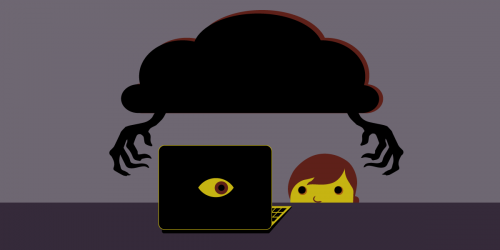It’s time for Congress to put an end to a glaring loophole in privacy law. Thanks to the wording in a more than 30-year-old law, the papers in your desk are better protected than the emails in your inbox. Congress can fix that by finally passing the Email Privacy Act, reintroduced in the House by Reps. Kevin Yoder and Jared Polis and others today.
 The bill would require law enforcement to get a warrant before searching through electronic communications—including things like emails, Facebook messages, and Dropbox files—regardless of how long they have been stored.
The bill would require law enforcement to get a warrant before searching through electronic communications—including things like emails, Facebook messages, and Dropbox files—regardless of how long they have been stored.
That would put an end to the arbitrary standard in the 1986 Electronic Communications Privacy Act that allows law enforcement to access emails and other communications that have been stored on a server for more than 180 days. It would also set a uniform legal standard by codifying a 2010 federal court ruling that said Fourth Amendment protections require law enforcement to obtain a warrant before accessing stored communications.
Congress has come close to fixing this in the past. A similar bill passed the Senate Judiciary Committee in 2013, and this exact bill unanimously passed the House last year after racking up an overwhelming 315 House members as cosponsors.
While we had hoped last year’s bill would go further—including requiring the government to notify individuals when it searches for their data, and requiring the government to obtain a warrant for geolocation information—the House vote was a historic win for privacy. Unfortunately, the measure got stuck in the Senate, where lawmakers tried to add a series of privacy eroding amendments.
This session, Congress needs to close this loophole and extend fundamental privacy protections to electronic communications. Lawmakers must ignore certain agencies’ calls for exceptions to the bill’s warrant requirement and reject attempts from some members to weigh the bill down with unrelated amendments that would make digital privacy worse instead of better.
The last time this digital privacy law was updated was more than 30 years ago. Tell Congress to pass the Email Privacy Act and require law enforcement to follow Fourth Amendment protections in the 21st century.












